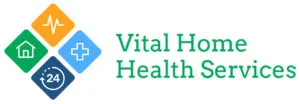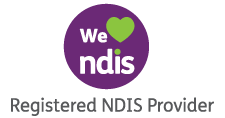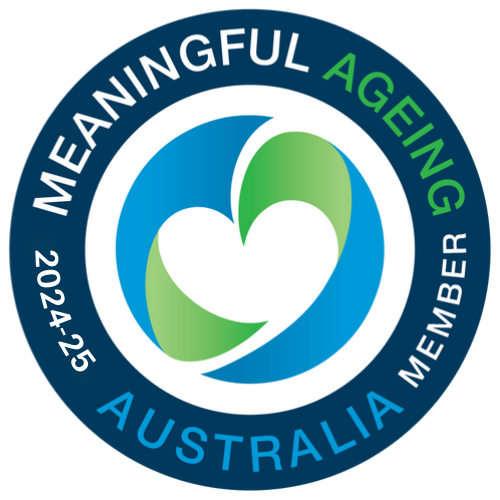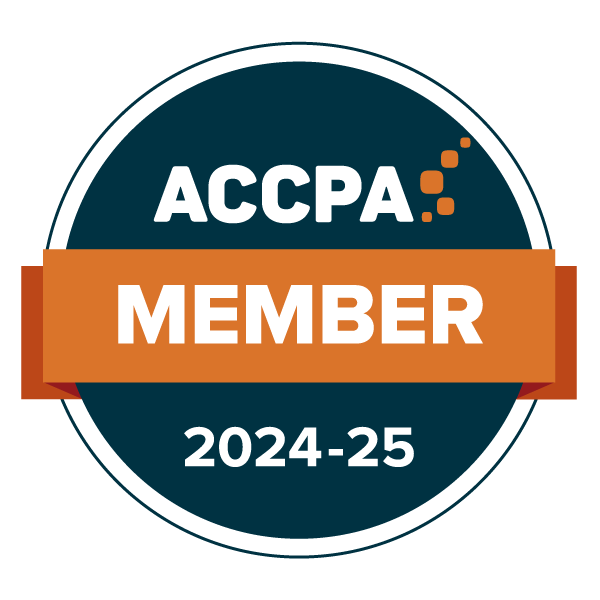This Monday, the 15th of June marked World Elder Abuse Awareness Day (WEAAD) in 2020. This year WEAAD is more important than ever as COVID-19 has caused some older people to face additional struggles.
COVID-19 has threatened the lives and safety of some older people and has led to reduced access to social networks and health care services. Which can greatly increase an older person’s risk of being exposed to abuse (United Nations 2020).
UN Secretary-General António Guterres warns that “the COVID-19 pandemic is causing untold fear and suffering for older people across the world. Beyond its immediate health impact, the pandemic is putting older people at greater risk of poverty, discrimination and isolation. It is likely to have a particularly devastating impact on older people in developing countries. “
The abuse of older people is a global issue, and WEAAD helps educate people about its prevalence.
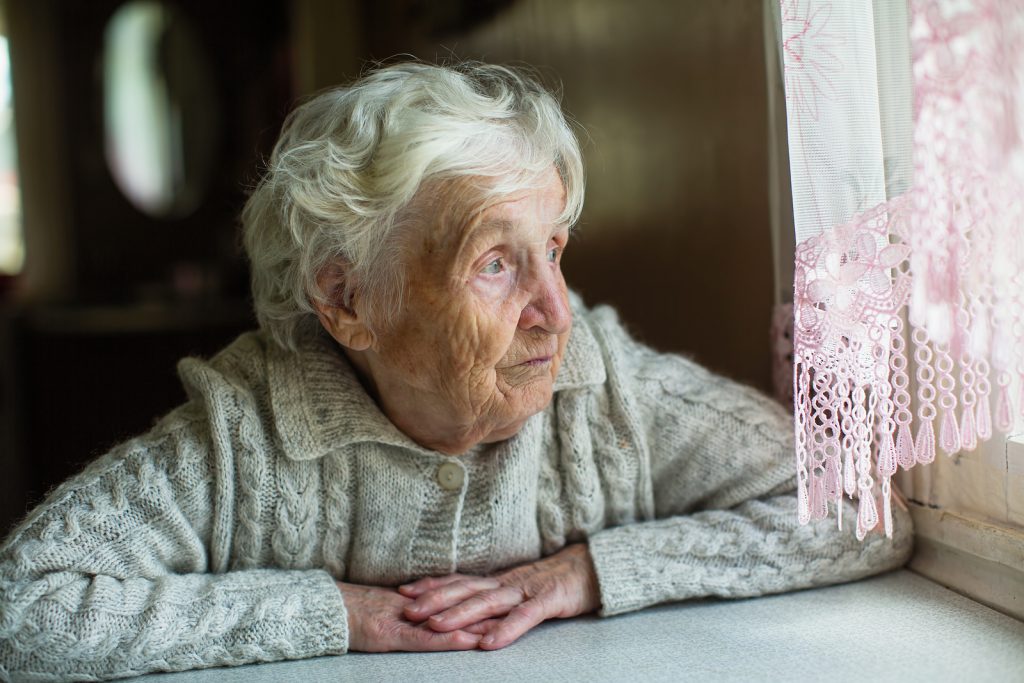
Safeguard older persons during COVID-19 and beyond
Although all age groups are at risk of contracting COVID-19, older persons are at a significantly higher risk of mortality and severe disease following infection, with those over 80 years old dying at five times the average rate. An estimated 66% of people aged 70 and over have at least one underlying condition, placing them at increased risk of a severe impact from COVID-19.
Older persons may also face age discrimination in decisions on medical care, triage, and life-saving therapies. Global inequalities mean that, already pre-COVID-19, as many as half of older persons in some developing countries did not have access to essential health services. The pandemic may also lead to a scaling back of critical services unrelated to COVID-19, further increasing risks to the lives of older persons.
Some older people face additional vulnerabilities at this time. The virus is not just threatening the lives and safety of older persons, it is also threatening their social networks, their access to health services, their jobs and their pensions.
“No person, young or old, is expendable”, spelled out UN Secretary-General António Guterres in a video message to launch a policy brief on older persons last month. The impact on health and long-term care services for older persons must recognise and confront the particular challenges they face, including their ability to access medical treatment and care.
“Older people have the same rights to life and health as everyone else,” underscored the UN chief. “Difficult decisions around life-saving medical care must respect the human rights and dignity of all.”
Addressing Elder Abuse
Between 2019 and 2030, the number of persons aged 60 years or over is projected to grow by 38%, from 1 billion to 1.4 billion, globally outnumbering youth, and this increase will be the greatest and the most rapid in the developing world. Recognising that greater attention needs to be paid to the specific challenges affecting older persons, including in the field of human rights.
Elder abuse is a problem that exists in both developing and developed countries yet is typically underreported globally. Prevalence rates or estimates exist only in selected developed countries — ranging from 1% to 10%. Although the extent of elder mistreatment is unknown, its social and moral significance is obvious.
Click here for additional elder abuse support services in Australia
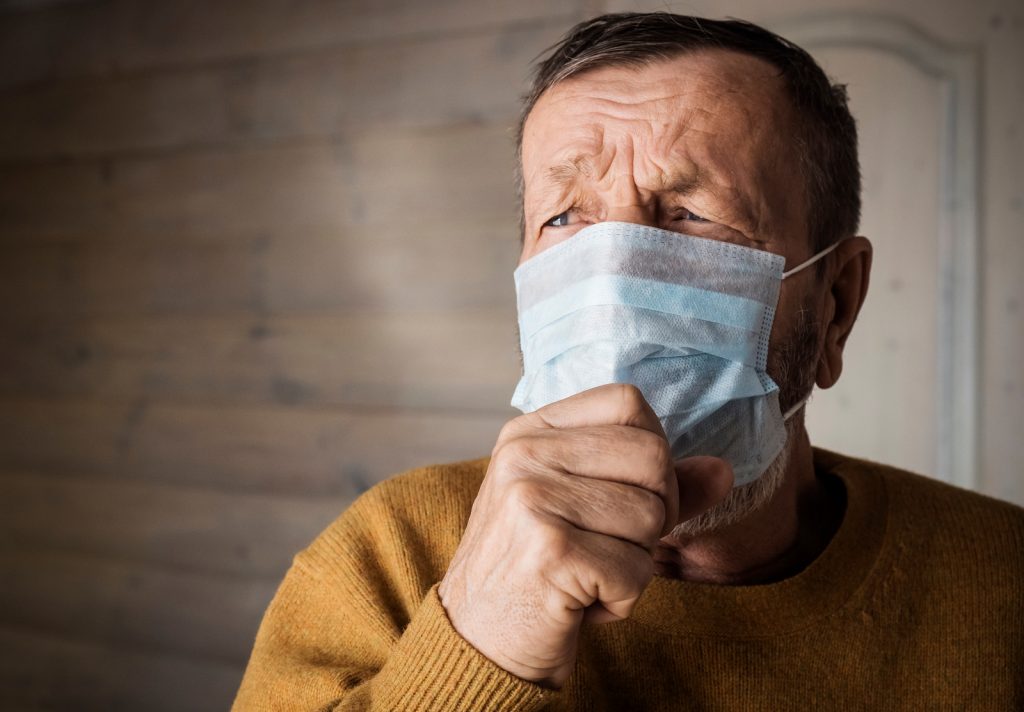
As such, it demands a global multifaceted response, one which focuses on protecting the rights of older persons.
Approaches to define, detect and address elder abuse need to be placed within a cultural context and considered alongside culturally specific risk factors. For example, in some traditional societies, older widows are subjected to forced marriages while in others, isolated older women are accused of witchcraft. From health and social perspectives, unless both primary health care and social service sectors are well equipped to identify and deal with the problem, elder abuse will continue to be underdiagnosed and overlooked.
How to Help
If you want to get involved and help raise awareness of this important issue, below we’ve listed some important resources from the Older Persons Advocacy Network (OPAN) or for more information about WEAAD visit the United Nations WEAAD website.
OPAN’s ‘Noticed Something?’ video helps community members identify signs of elder abuse, and provides information about getting help, including advocacy.
Watch it here
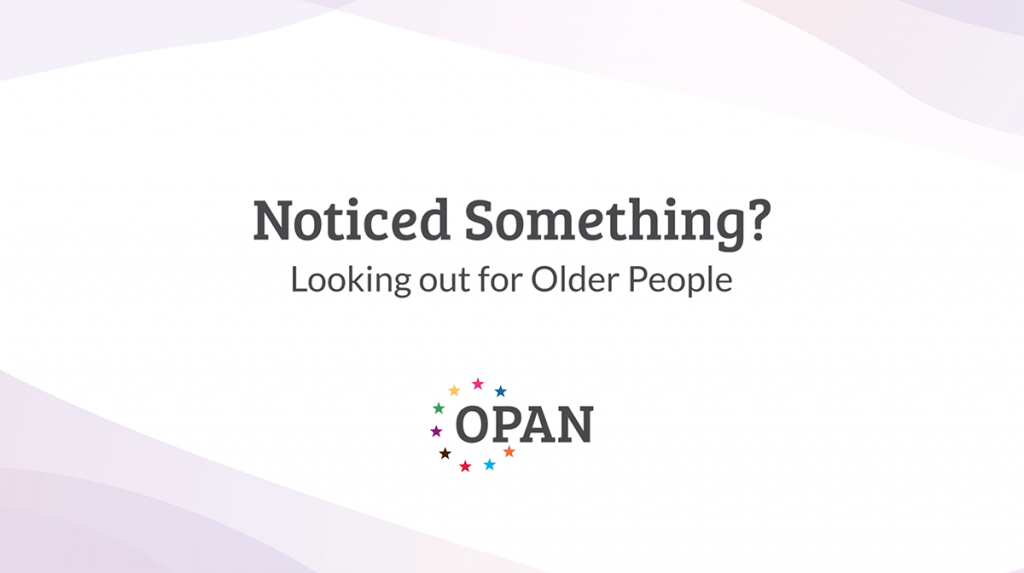
We recently conducted a webinar where health and industry experts discussed reducing the abuse of older people during COVID-19.
Watch it here
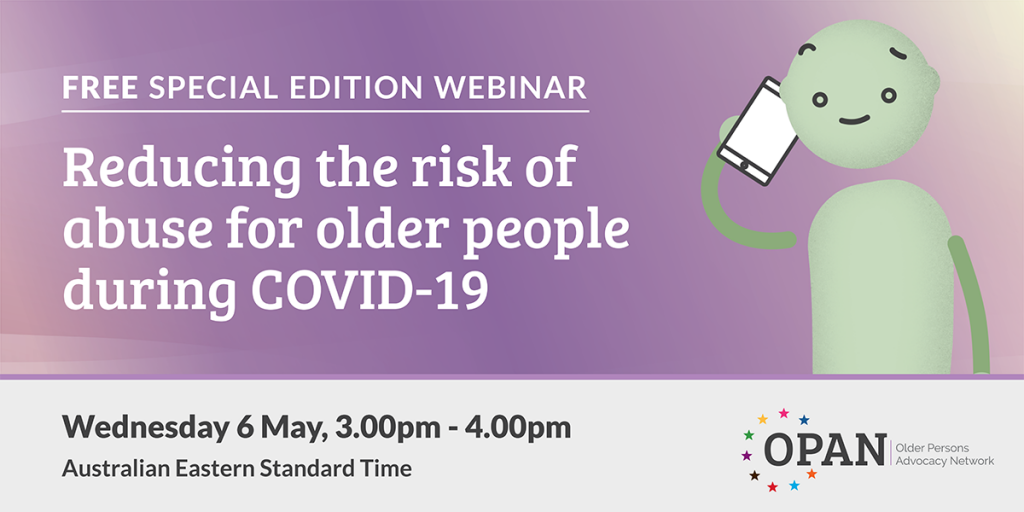
Our Elder Help App provides information to those in contact with older people to recognise the possible signs of abuse.
Download – Apple Store
Download – Google Play
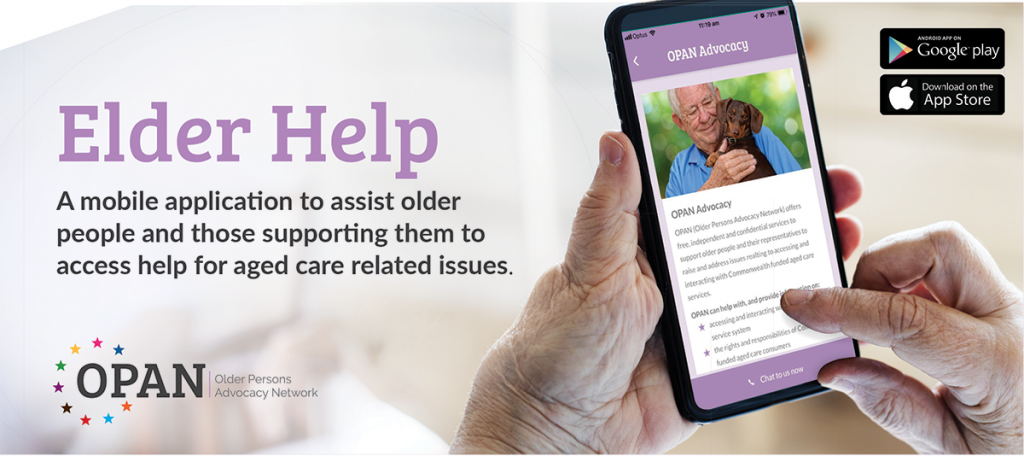
Events by OPAN Members
Several OPAN organisations are running events for WEAAD. See below for links to register or to access recordings of past events. All events are free.
- World Elder Abuse Awareness Day Online Forum (12 June 2020) – Aged Rights Advocacy Service
This online forum focused on how government agencies, health and allied professionals, service providers and advocacy groups can work together to deliver care and support services to older Australians, with quality and compassion. Watch the recording here. - Stronger Futures: Perspectives on strategies and planning – tools for stopping abuse (15 June 2020) – Seniors Rights Service
This online webinar will have an expert panel discussion about various perspectives on strategies, planning and tools for preventing elder abuse. Register here. - The Kitchen Table Project (15 June 2020) – Elder Rights Advocacy, with Celebrate Ageing and The Kindness Pandemic
The Kindness Pandemic has enlisted the help of five professional Victorian photographers to take portraits of diverse older Australians and will launch them today. More information here. - Stories of Hope (15 June 2020) – Advocacy Tasmania, with COTA Tasmania
This online public forum will feature various speakers who will tell their stories to expand viewers’ understandings of elder abuse and inspire people to be part of the solution. Register here. - Perth locations to be lit up purple for WEAAD (15-19 June 2020) – coverage by Advocare
Several locations in Perth will be lit up purple for WEAAD. These include the City of Perth Council Building (15-16 June 2020), the Bell Tower (15-16 June 2020), Yagan Square (15-19 June 2020), Elizabeth Quay (15-19 June 2020), Optus Stadium (15 June 2020) and Matagarup Bridge (15 June 2020). Our WA member Advocare will share photos of these on their Facebook and Twitter.
Events and resources by other organisations
- Sexual Abuse of Older Women (15 June 2020) – Celebrate Ageing, Older Women’s Network NSW and Gold Coast Against Sexual Violence
This live webinar will discuss how to understand, prevent and respond to the sexual abuse of older women. Register here. - Stir a cuppa for seniors on World Elder Abuse Awareness Day (15 June 2020) – Seniors Rights Victoria
Seniors Rights Victoria is encouraging everyone to join them for an online purple tea party for WEAAD. More information here. - Financial hardship and elder abuse (18 June 2020) – Legal Aid NSW
This webinar will discuss financial hardship and abuse in the context of elder abuse and will teach participants how to identify and respond to financial abuse. Register here. - Respect older people: call it out – resources by Respect Victoria
Respect Victoria has produced a toolkit to help identify and address the abuse of older people. View it here. - The Letterbox Project – an initiative by COTA Australia
COTA Australia has started a letter-writing project which aims to bring a meaningful connection to thousands of older Australians who might have been excluded from their social network during COVID-19. More information here.
These resources were originally compiled by OPAN and this article was originally published at https://www.un.org/en/observances/elder-abuse-awareness-day/
If you need to report or seek further guidance on elder abuse in NSW you can contact the NSW Ageing and Disability Abuse Helpline on 1800 628 221 or via email on [email protected]
Other helpful resources include the NSW Government, Ageing and Disability Commission tools and resources: https://www.ageingdisabilitycommission.nsw.gov.au/contact-us/how-can-we-help
For all other states in Australia, you can find the contact details for elder abuse support services here: https://aifs.gov.au/elder-abuse-support-services
